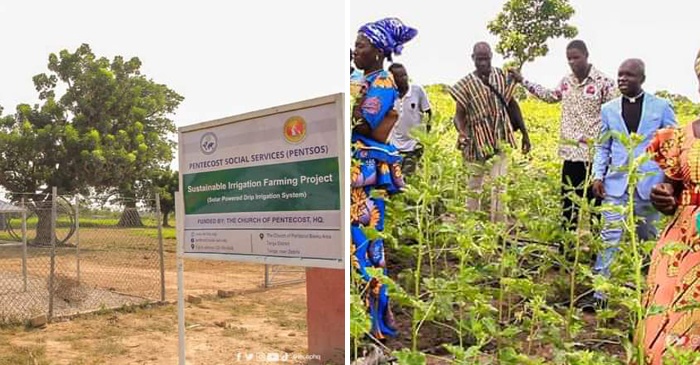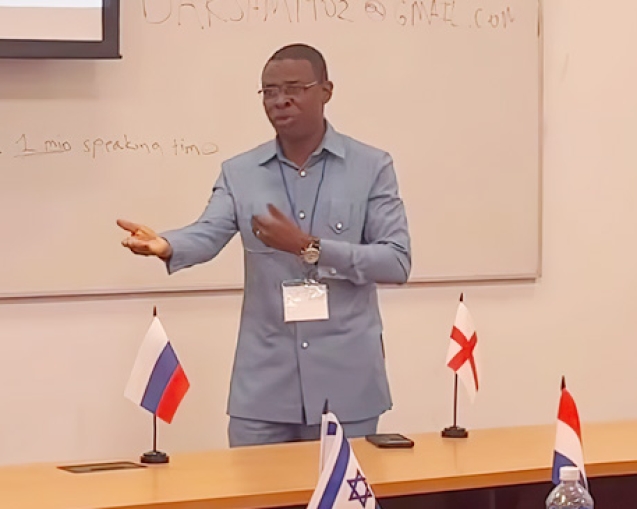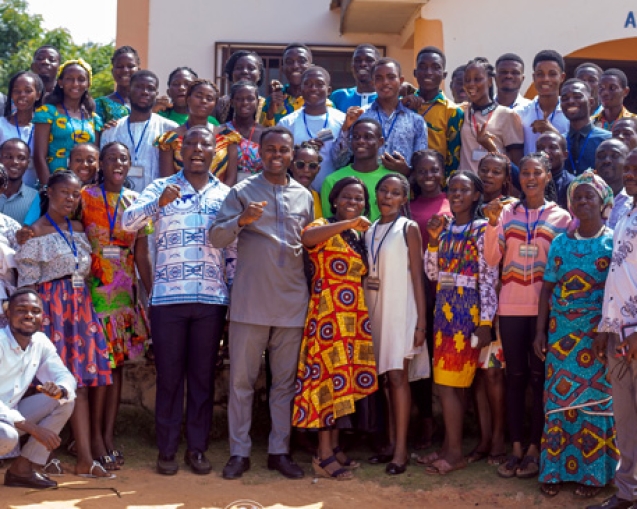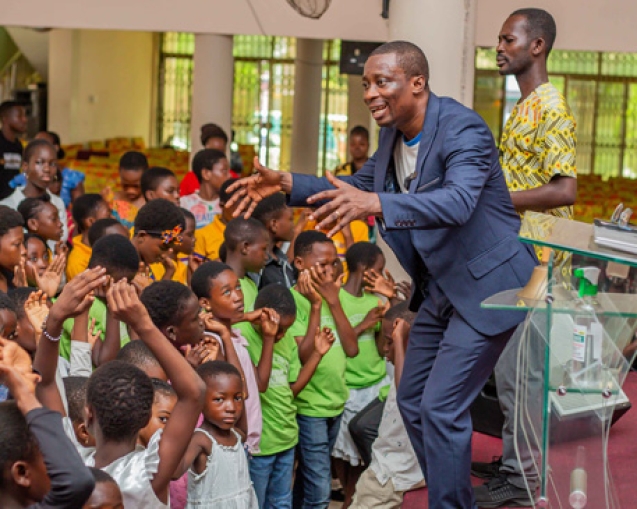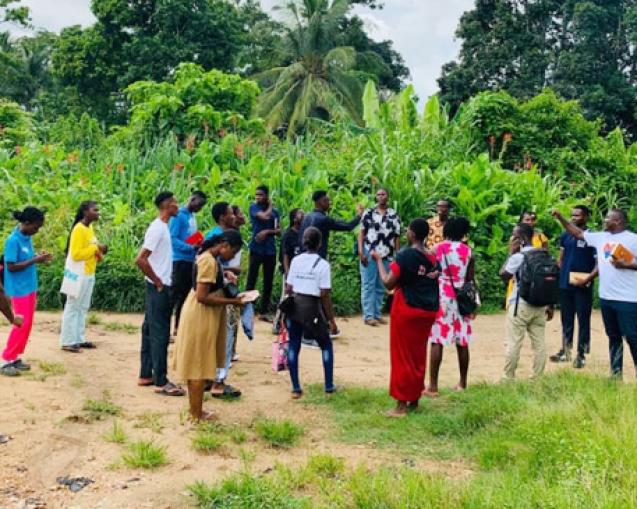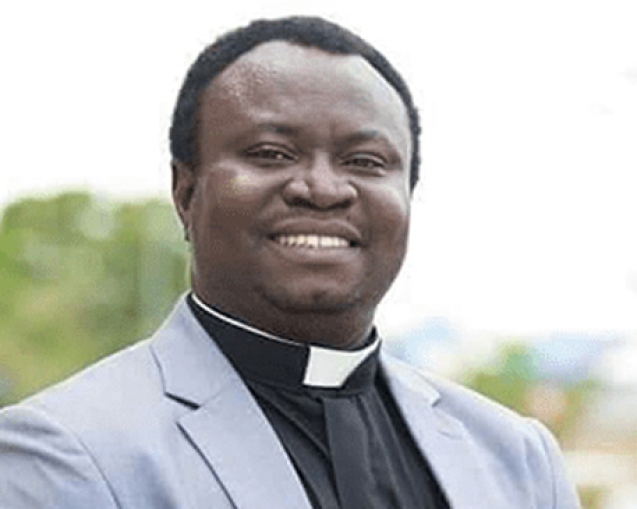As Ghana celebrates its 39th Farmers Day, it is essential to reflect on the pivotal role farmers play in the nation’s prosperity. This occasion serves as an opportune moment to consider the integration of smart farming technologies, paving the way for a more sustainable and efficient agricultural future.
The church, as a central institution in many Ghanaian communities, can play a crucial role in promoting smart farming and sustainable agriculture practices. By leveraging its influence and outreach, the church can contribute significantly to the adoption of modern agricultural technologies among its members.
The church can initiate awareness campaigns to educate farmers about the benefits of smart farming technologies. This could include organizing workshops, seminars, and demonstrations in collaboration with agricultural experts. By disseminating information on precision farming, automated machinery, and eco-friendly practices, the church can empower farmers to embrace technological advancements in agriculture.
Furthermore, the church can facilitate partnerships between farmers and technology providers. This could involve connecting local farmers with organizations specializing in agricultural technology, ensuring that they have access to the latest tools and innovations. Such collaborations can open avenues for funding, training, and ongoing support, making it easier for farmers to integrate smart farming practices into their operations.
In 2022, The Church of Pentecost, through its social services wing, Pentecost Social Services (PENTSOS), commissioned a 10-acre solar-powered irrigation farm project at Tanga in the Northern Region.
Highlighting the scope of the project, the Operations Coordinator of PENTSOS, Elder Ing. Frank Adutwum stated that the project, which cost GHS 290,000.00, has three boreholes, supplying about 70,000 litres (15,400 gallons) of water for eight hours daily. Two boreholes have also been connected to solar pumps delivering about 50,000 litres of water into four installed Polytanks, while the remaining borehole operates on a generator. In addition, a drip irrigation technology has been installed on a three-acre portion of the land to ensure adequate supply of water on the farmland.
Because of this laudable project, young people in Tanga no longer have to migrate to the south in search of non-existing greener pastures during the dry season.
In addition to practical support, the church can incorporate agricultural themes into its teachings and sermons. Emphasizing the importance of responsible stewardship of the land and resources aligns with the principles of sustainability. By integrating these messages into religious teachings, the church can foster a mindset that values and embraces advancements in agriculture for the greater good.
Ultimately, the church’s involvement in promoting smart farming in Ghana can extend beyond the spiritual realm to positively impact the economic and environmental well-being of its congregants. Through education, partnerships, and advocacy, the church can contribute significantly to the modernization of agriculture and the improvement of livelihoods for farmers across the country.
Smart farming is not just a practical choice; it is a moral imperative. It aligns with the sacred duty of stewardship bestowed upon us. Thus, in promoting smart farming, the church not only secures the physical well-being of its congregation but also nurtures a legacy of responsible guardianship of the earth. The fields, once plowed by hands, can now be cultivated with the wisdom of technology, ensuring a future where the fruits of our labor are abundant, sustainable, and blessed. For in the communion of faith and farming, lies the promise of a flourishing Ghana for generations to come.






